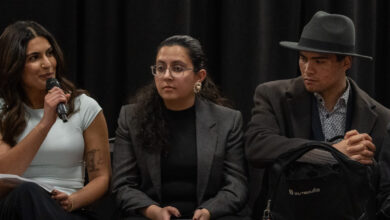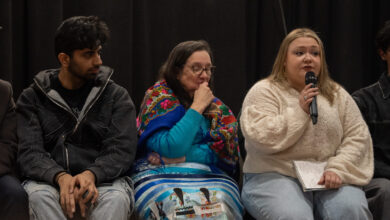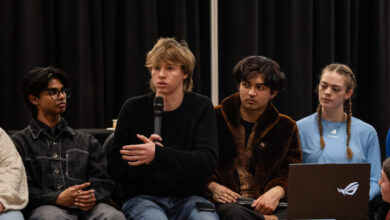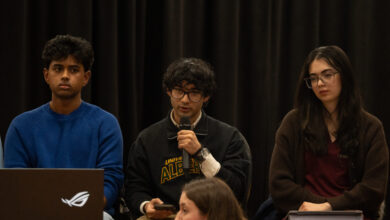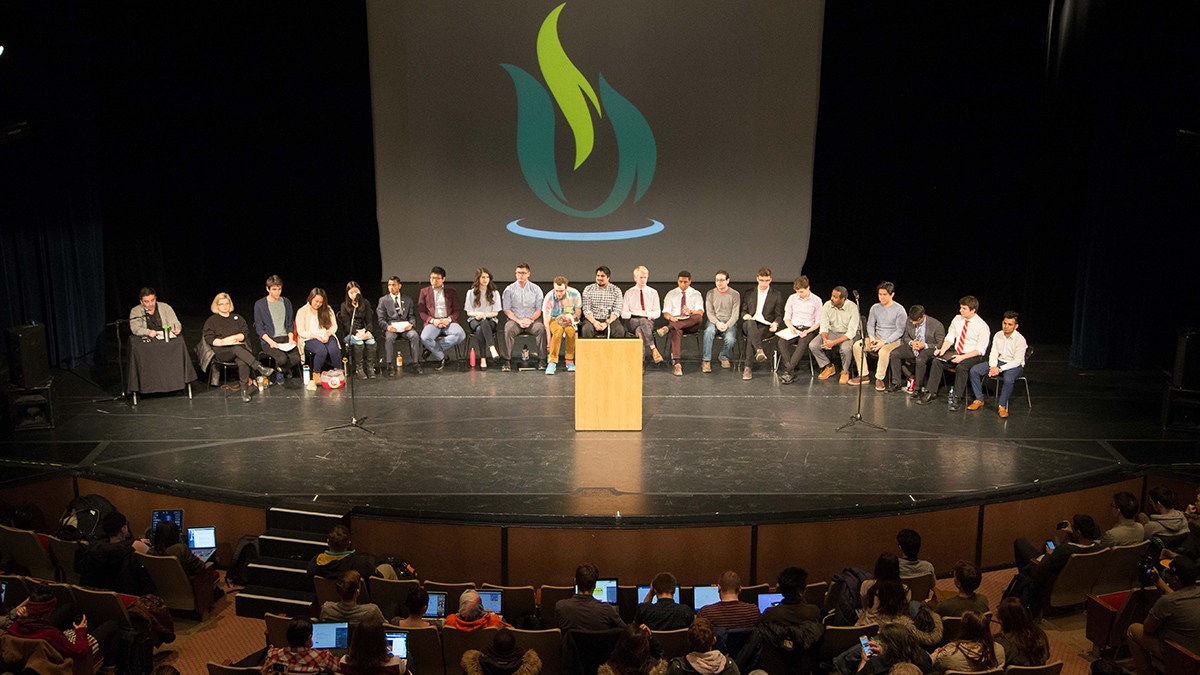 Joshua Storie
Joshua StorieAs the sole viable candidate running in the Vice-President (Academic) race, there’s no question as to whether or not Shane Scott should have this election in the bag. But is he really the best candidate for the position? The answer to that question isn’t quite as clear cut.
Worth mentioning is the fact that on a campus of nearly 40,000 students, approximately 30,000 of which are in undergraduate studies and are therefore technically qualified to run for a Students’ Union executive position, only one person is running for this position (alongside a joke-candidate hamster for good measure). If this proportion isn’t indicative of the all-too-high levels of apathy facing student governance, I don’t know what is.
That being said, Scott is highly qualified to hold this position. Like most SU candidates, he is in his fourth year of a degree in political science. He has worked extensively with the Minister of Education, served as the Students’ Council President, and has most recently spent his time as a research analyst with the Students’ Union itself. The insights into both the relationship between the provincial government and our educational institution, as well as the students in the institution itself that Scott should have as a result of these experiences do put him in a great position to become the new Vice-President (Academic).
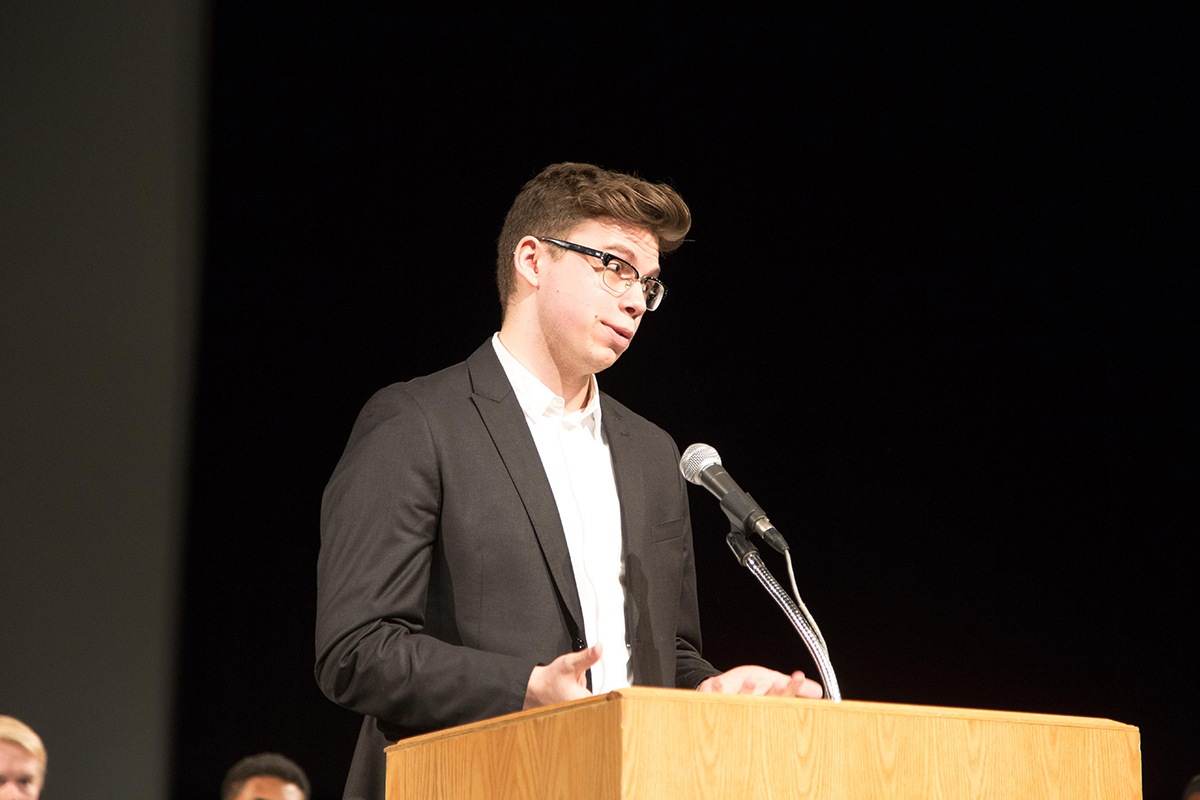
However, what matters more than his qualifications are his ideas. One of Scott’s main platform points is lending support to student representatives. He emphasizes that a level of equality between the university and its student representatives be put in place, instead of the current hierarchy-like relationship. What is arguably more important is how seriously he will be taken in the face of the university when representing the rest of the student body’s concerns, rather than the very few elected representatives. Scott touched on this point during the Myer Horowitz forum, but did not give an adequate explanation for this discrepancy.
Another important focus of his campaign is recognizing diverse identities on campus. This is a phrase he has thrown around throughout the election process with little explanation as to how he intends to do so. So many students are left out of the governing process due to a lack of understanding of their diverse backgrounds and histories, and how these affect the way that every student needs to be treated. This is something that Scott has touched on many times. There is, however, a hole in this acknowledgement, and that is for specificity. Scott mentioned the struggles of indigenous students only when asked about it directly, acknowledging a missing seat at the table of discussion, but it is not mentioned at all in his platform, which happens to feature a focus on diversity. It seems like the concept of decolonization is one that has occurred to him, though only briefly.
Running unopposed, Scott is almost guaranteed a win in this election. But he doesn’t particularly stand out as a candidate. One thing that he is missing is confidence in his own points. Though his platform seems assertive enough, however his speeches and answers at forums told a vastly different story. If Scott lacks a certain level of confidence in his own ideas, it makes it incredibly difficult for students to place their votes in his shaky hands.
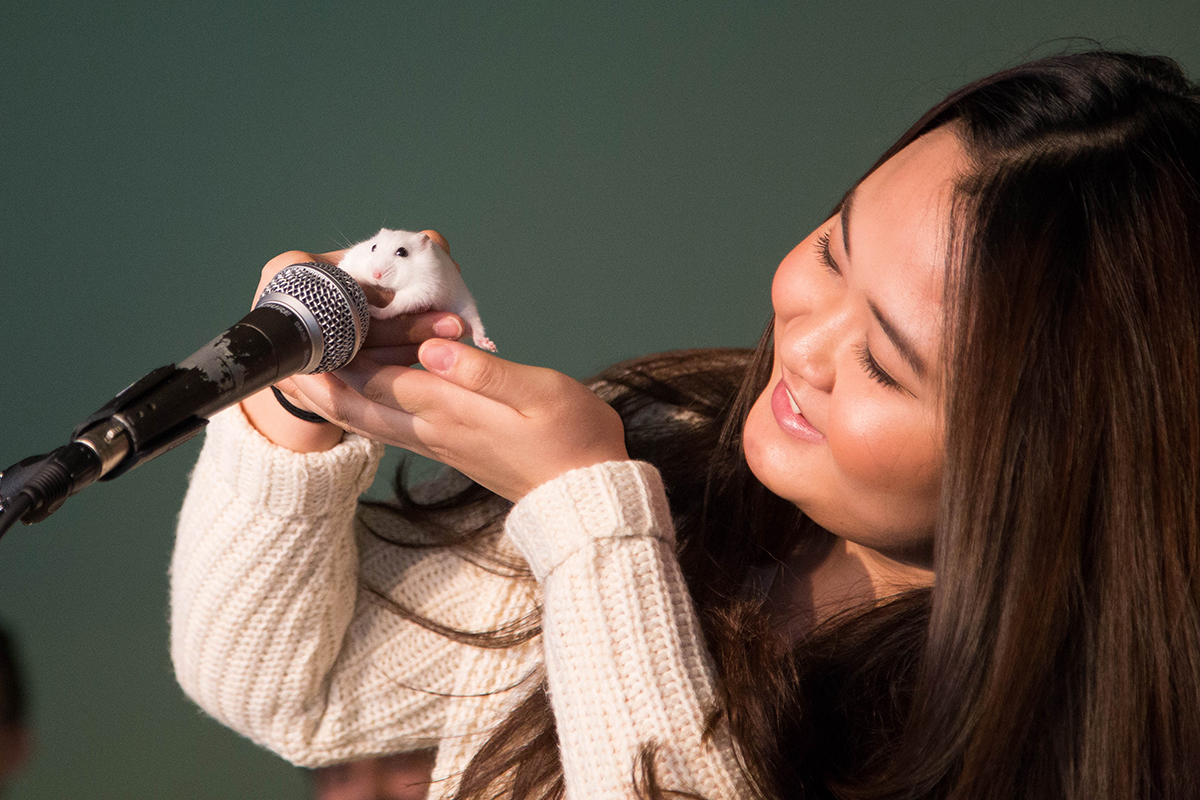
Despite this, we wouldn’t be better off in the tiny paws of Banana the Hamster than we will the shaky hands of Shane Scott, and he is definitely favourable to the None of the Above (NOTA) option, so my vote is with Scott. I can only hope that when he is inevitably elected, he will consolidate his ideas into implementable changes that will benefit the diverse student body he hopes to represent.

